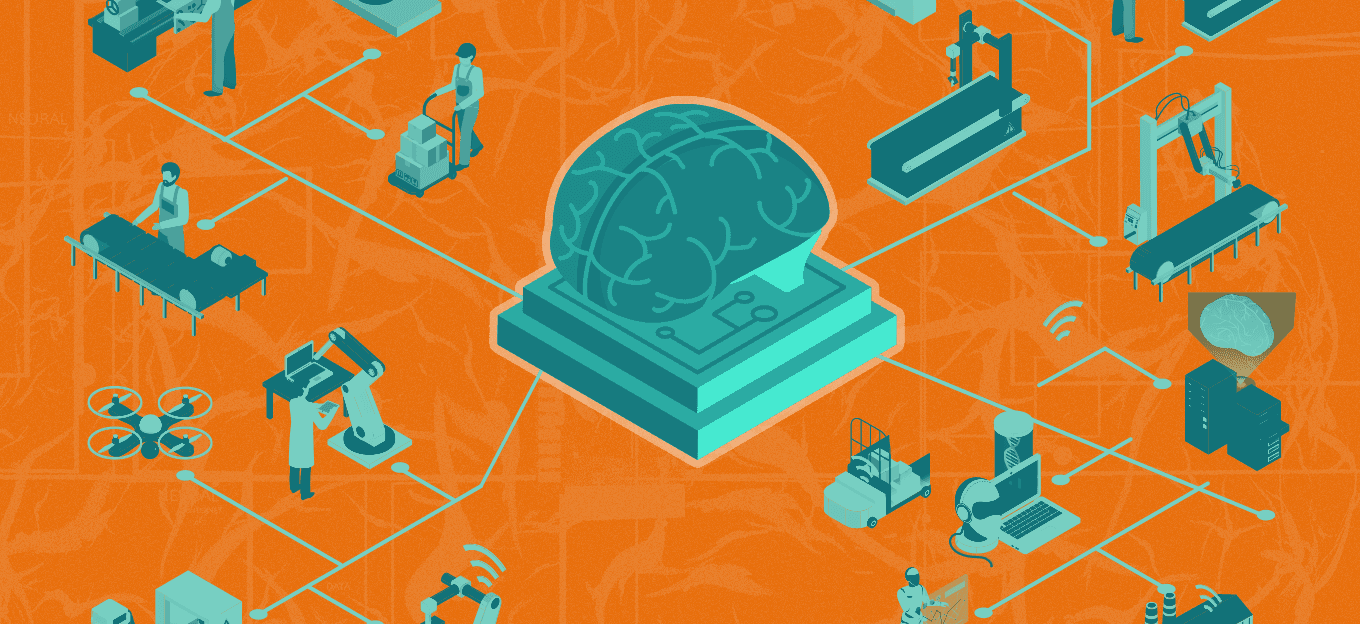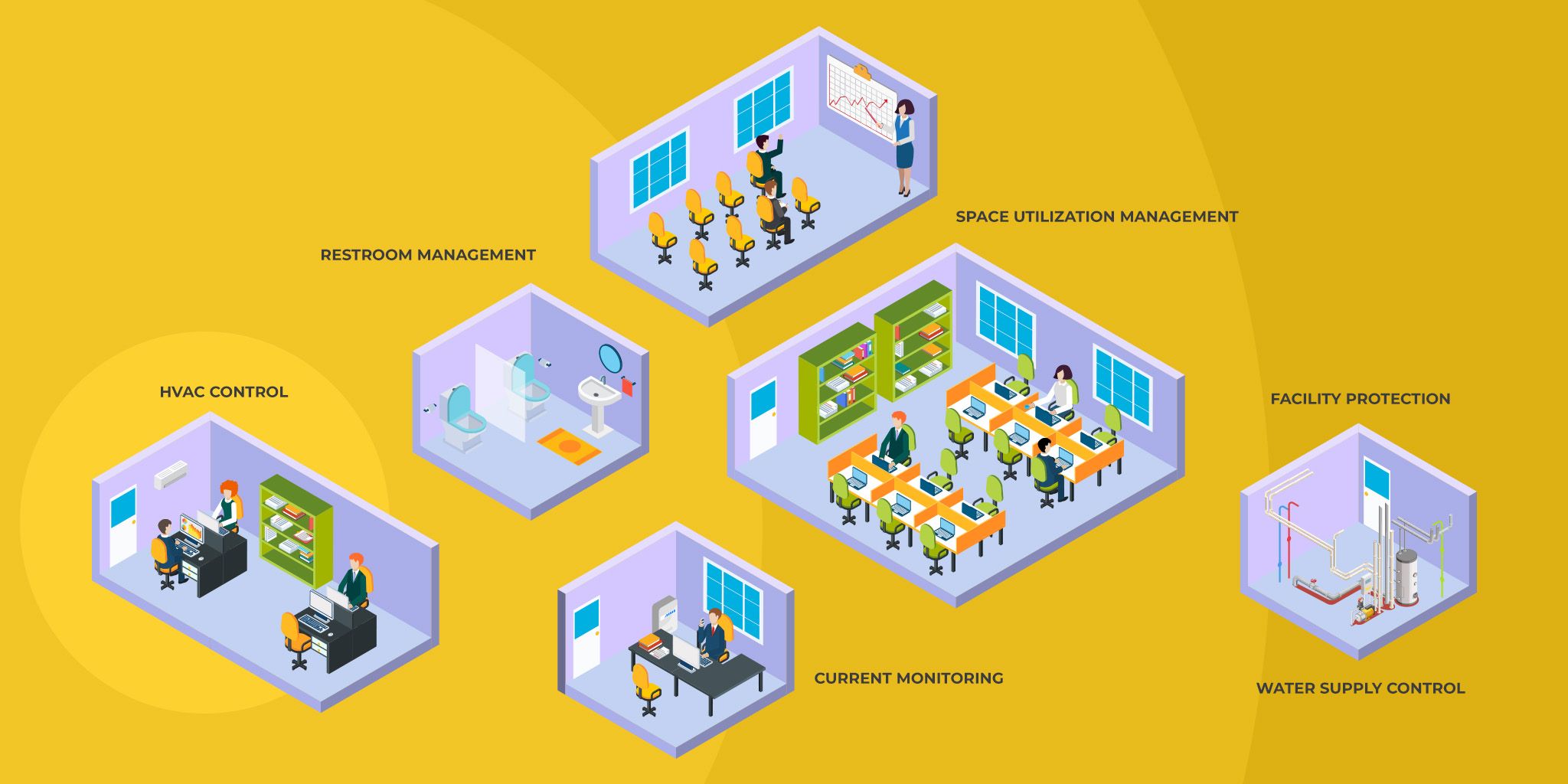Automation and Autocracy: IoT and the Future of Democracy
Automation and Autocracy: IoT and the Future of Democracy
- Last Updated: December 2, 2024
Hannah Sloan
- Last Updated: December 2, 2024



Technology in politics means much more than election hacking scandals. Technology is present in all facets of political life, and more than ever, political scientists are paying attention to its effect on democracy. Automation is becoming more advanced and ubiquitous and the amount of data collected and distributed by governments (and corporations) is increasing rapidly in volume and scope. Who has access to that data, and what power they have to use it, are fundamental concerns.
When AI Reinforces Authoritarianism
Most of these concerns stem from existing threats. For example, many are worried about automation’s impact on empowering authoritarian leadership, enabling autocratic regimes to more effectively surveil their citizens. This is indeed an important concern: as the January 2019 issue of the Journal of Democracy reports, artificial intelligence (AI) plays a significant role in the Chinese crackdown on the Uyghur minority group in Xinjiang.
China’s western Xinjiang region, home to the Uyghurs, has effectively become “a ‘frontline laboratory’ for data-driven surveillance.” Cameras are ubiquitous in Xinjiang, and their view extends well outside urban centers. The methods employed in this province may well foreshadow the nationwide implementation of similar “predictive-policing tactics” in the months to come. Xinjiang is also the place in which DNA-collection efforts have taken their most extreme form.
These surveillance efforts mirror a pattern known as “digital totalitarianism.” PRC State Council documents indicate that this AI will be used to “maintain social stability,” which may allow the government to, for example, predict and silence protests. Because “restraints on the handling of personal data that are present in democratic societies do not apply” in China, rulers can “turn [citizens’] information, habits, and desires into powerful levers of control” by “persistently link[ing] people’s identities and activities.” (Sources: Journal of Democracy, The New York Times)
Image Credit: Chicago Tribune
The Hypocrisy of Digital Democracy: Data Ownership
Many are also concerned about the effects of exclusive community-building platforms that claim to “digitize” democracy. The biggest example right now is the Italian Five Star Movement, a populist political party which removes the principles of representative democracy in favor of “fully direct” democracy, arbitrated by an online platform called Rousseau.
Users of the platform can register their personal information, vote on proposed policies and interact with all manner of exclusive media. This platform, created by the web consultancy Casaleggio Associati, has been accused of employing “social conditioning” and “data-led psychological targeting,” disseminating “disinformation” while maintaining an “Orwellian power structure” that provides the "cosmetic appearance of choice” on policies and party direction.
Gianroberto Casaleggio headed Casaleggio Associati until his death in 2016 when his son Davide “inherited the family web consultancy, and with it, the keys to the party—the antithesis of democracy.” Marco Canestrari, a former Casaleggio Associati developer, further explains that “whoever manages the portal has access to all data, to the votes, to everything that happens within the Five Star Movement, giving them leverage over the rest.” (Source: The New European)
Image Credit: Wired
These two examples highlight how automation strengthens the mechanics of autocracy, making it more possible than ever before to exert political control over groups of people. If we take a more macro-level view, are there ways in which automation indirectly reinforces authoritarianism?
In short, yes. As we started to research this, we found a crucial intersection of technology and politics that remains understudied: the role automation plays in how states democratize.
Technology in politics can be used either to sustain or to thwart democracy. IoT- and automation-enabled surveillance in China and Italy are grim warnings.
Does Automation Reduce the Incentive to Democratize?
With automation comes economic change. Research shows how this kind of economic change can impact countries’ transition to, or from, democracy. The economic transformations caused by technologies like the Internet of Things (IoT) could fundamentally change our understanding of political participation.
There are plenty of optimistic takes on how automation can improve our quality of life, amply highlighted throughout this site. To mitigate the effects of oncoming automation, new approaches to employment, income and economic growth are being generated. However, it’s no secret that the benefits of automation will likely accrue to the wealthy.
As more and more jobs become available for automation, the labor force concedes more and more power to demand better pay, working conditions and participation in decision-making on a local, state or federal level. Thus, automation could reduce political and economic elites’ reliance on other parts of society to remain prosperous, a reliance that may be crucial to the process of democratization.
In other words, automation could remove an incentive for autocrats to democratize.
A traditional story of democratization goes roughly like this: as industrialization pushed economic elites to become more reliant on other social groups to be prosperous, the middle class (initially) and lower classes (eventually) demanded more rights to political participation, such as voting.
Kuwait is a prime example of this. In the early 1900s, when Kuwait was ruled by an emir, the merchants who bolstered the economic life of Kuwait started to rebel against the emir’s forced taxation. They rallied for more power to participate in decision-making alongside the rulers. Because the emir depended on the merchants for economic gains, the emir “steadily granted concessions,” leading to the temporary creation of a Parliament. The Parliament was temporary because the merchants lost leverage; the growth of oil revenue meant that Kuwaiti leaders became less reliant on the merchants, and they were then able to consolidate power again and “cease concessions to the merchants,” who continued to lose power. (Source: Jennifer Gandhi, Political Institutions under Dictatorship)
Image Credit: Middle East Institute
Many theorize that state commercialization of natural resources like oil has led to a diminished incentive for autocratic states to democratize. The observed correlation between oil wealth and dictatorship has been explained by political science: elites use rents (profits, taxes, etc.) from selling natural resources to “distribute subsidies to large parts of the population” to quiet murmurs of revolution. Just this month, Saudi Aramco, Saudi Arabia’s national oil and natural gas company, was declared the world’s most profitable company.
Looking Forward: Automation as a Tool of the Powerful
What does this mean for the future of democracy? The argument made by Gandhi and others is that elites’ access to resources like oil makes paying off political opponents easier, and allows authoritarian regimes to co-opt the general population through cash transfers and other programs. It’s possible that ownership of data and capital (the inputs and outputs of automation) will be the next frontier of what has always been seen as the benefit of natural resources.
Political theorists Daron Acemoglu and James Robinson argue that revolutions happen when the level of inequality surpasses the cost of revolution. If wealthy elites in automated societies threaten to pull social benefits, it appears unlikely that the revolution threshold will ever be reached. The implications of this are clear for authoritarian states around the world. What might this mean for our existing democracies?
Examples like the Italian Five Star Movement show us that “automating democracy” doesn’t necessarily produce good (or democratic, in this case) results. In order to promote democratization in autocratic contexts, there must be more work done to “democratize automation” such that the benefits of automation don’t only accrue to social, political and economic elites. Only then will automation be wielded as a tool of inclusive wealth generation (which could actually help sustain democracy) rather than an obstacle.
This article was co-authored with Thomas Elliott, a student of Political Science and Contemporary European Studies at the University of North Carolina at Chapel Hill.
The Most Comprehensive IoT Newsletter for Enterprises
Showcasing the highest-quality content, resources, news, and insights from the world of the Internet of Things. Subscribe to remain informed and up-to-date.
New Podcast Episode

Navigating the Future of Embedded Computing
Related Articles





